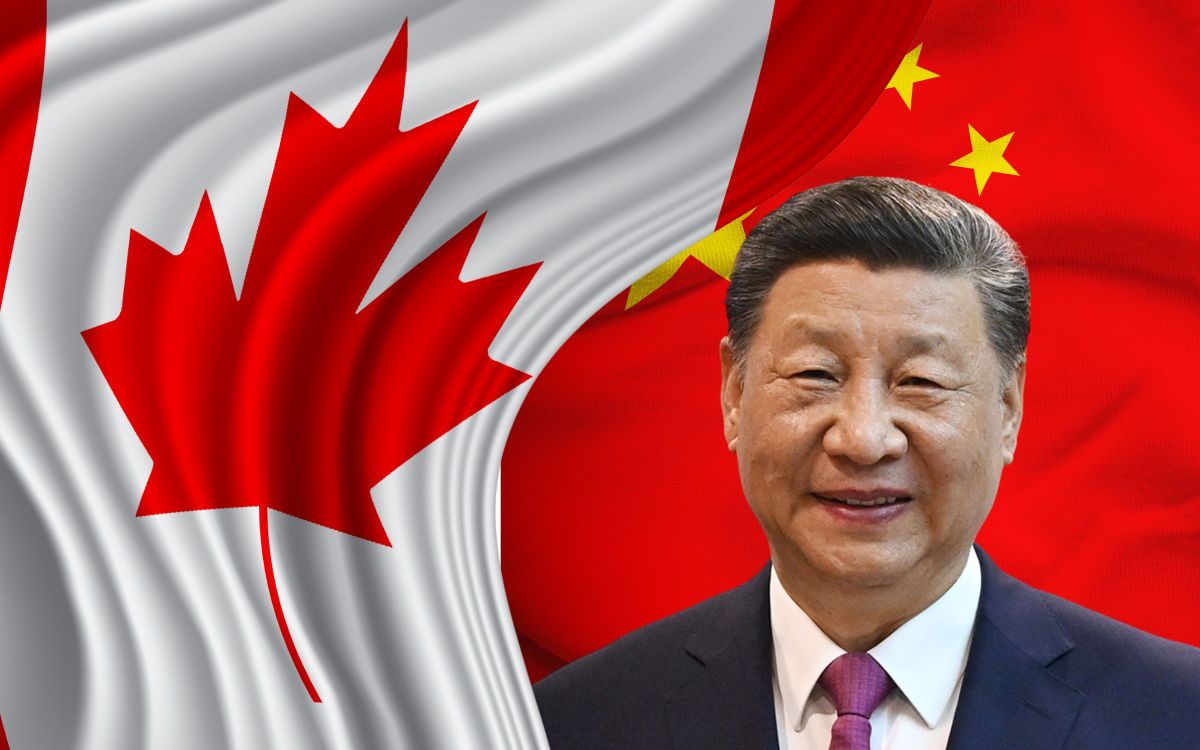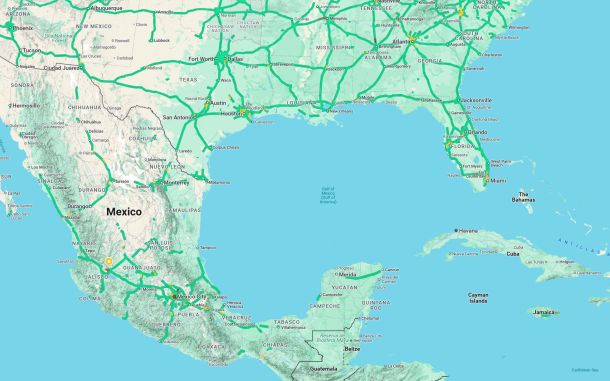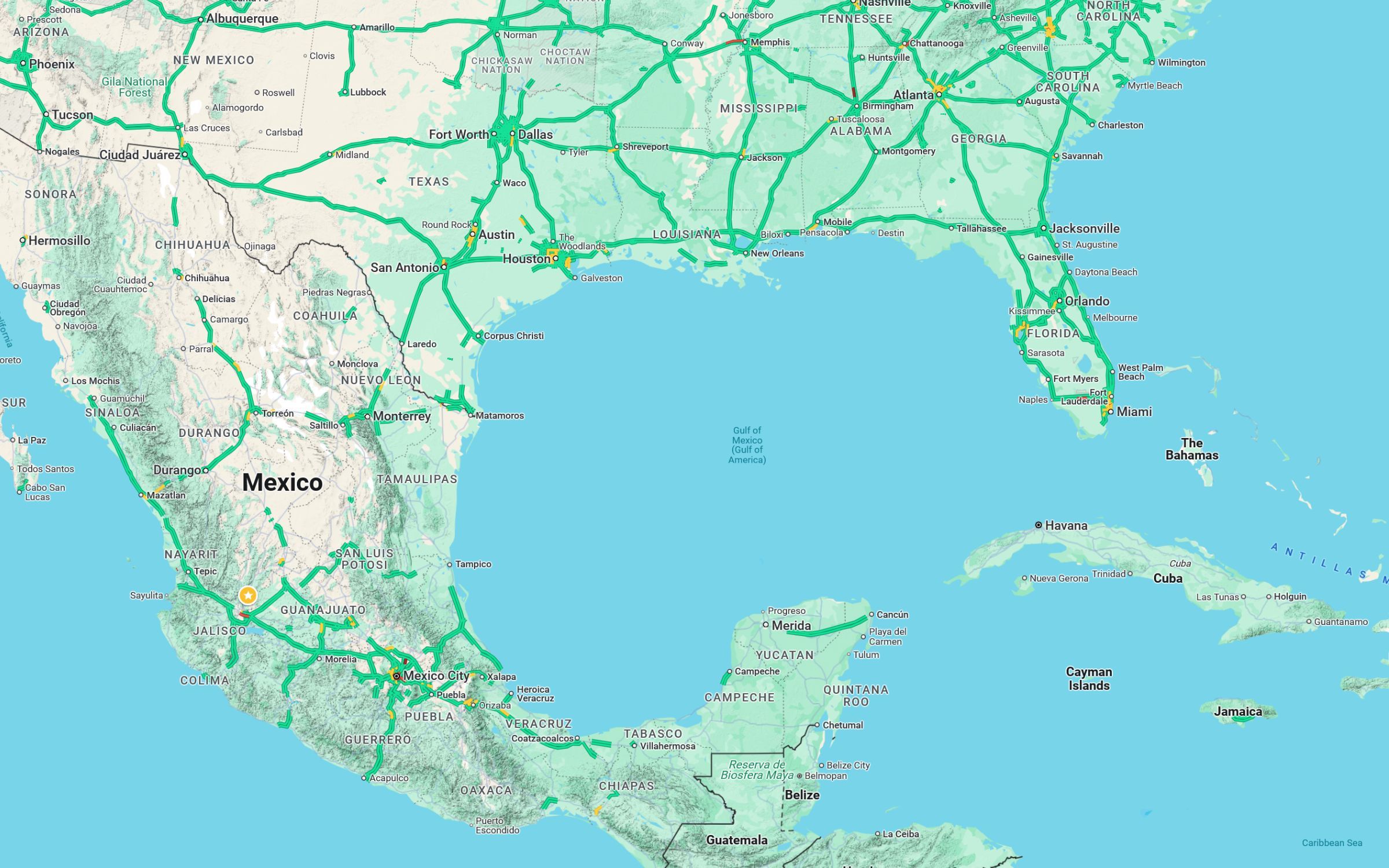How Donald Trump Can Make Canada the 51st State—and Why It Might Be Imperative

As the political landscape in Canada becomes increasingly dominated by foreign influence, particularly from China, the future of the country’s sovereignty hangs in the balance. The upcoming election in Canada is poised to be a pivotal moment, with concerns mounting that the Liberal government is actively manipulating the process to ensure Mark Carney, a figure with deep globalist ties, ascends to power.
Given these circumstances, a potential U.S. intervention—led by Donald Trump—could be the only solution to protect North America from a compromised Canadian government. The path to this would be an economic one, utilizing America’s financial leverage to pressure Canada into integration with the United States.
The Growing Chinese Influence in Canada
Canada's political elite has been under scrutiny for their increasingly close ties to the Chinese Communist Party (CCP). Reports have surfaced suggesting that Beijing has influenced past elections, funded certain politicians, and even used economic leverage to ensure Canada remains a pliable partner in the global arena. Under Prime Minister Justin Trudeau, Canada has softened its stance on China, allowing for greater foreign interference and turning a blind eye to growing threats to national security. The potential election of Mark Carney would only entrench this relationship further, as his internationalist, pro-globalization stance aligns closely with those benefiting from China’s ascendancy.
Why a Liberal Canada is a Threat to the U.S.
A Canada that is heavily influenced by China poses a direct security risk to the United States. The long, undefended border between the two countries is a strategic vulnerability, and any undue foreign influence in Canada could easily spill over into American affairs. If the Trudeau government—or a future Carney-led administration—continues to compromise Canadian sovereignty, the U.S. must step in to safeguard its own national interests.
Economic Pressure: The Key to Union
Donald Trump, known for his aggressive economic policies, could force Canada into submission without firing a single shot. By leveraging U.S. economic dominance, Trump could impose tariffs, restrict trade, and redirect American investments away from Canada, causing a severe economic downturn. Given that Canada’s economy is deeply dependent on trade with the U.S., a strategic chokehold on key industries such as energy, manufacturing, and technology would result in massive job losses and financial instability.
Under such conditions, a Liberal-led Canada would have two choices: either align itself even more closely with China, further deteriorating its economy and national security, or concede to U.S. integration. Faced with economic collapse and the inability to maintain public services, the Canadian public could be driven to accept union with the United States as a viable path forward.
The Benefits of Integration
A unified North America under a Trump-led U.S. administration would provide numerous benefits for both Americans and Canadians.
-
Enhanced National Security: A fully integrated border would eliminate threats from Chinese-backed Canadian policies, ensuring stability.
-
Economic Growth: U.S. economic policies, which have historically been stronger than Canada’s, would create jobs and opportunities for Canadians.
-
Energy Independence: With access to Canada’s vast natural resources, the U.S. could further solidify its energy security.
-
Stronger Political Stability: The elimination of a compromised Liberal government would restore democratic integrity to Canadian governance.
The Path Forward
The coming years will be crucial for the future of Canada. President Trump has a unique opportunity to reshape North America, securing the continent from foreign interference and economic decline. Canada, already deeply tied to the U.S. in trade and defense, would stand to benefit greatly from this union. By strategically applying economic pressure, Trump could force a Liberal Canada to its breaking point, making integration not only necessary but inevitable.
In the face of Chinese influence and political manipulation, the question is not whether the U.S. should take action—but how soon it must do so to prevent Canada from slipping further into foreign control. The choice is clear: either Canada remains a weak, compromised nation under Liberal rule, or it becomes the 51st state of the United States, securing its future alongside the world's greatest superpower.




